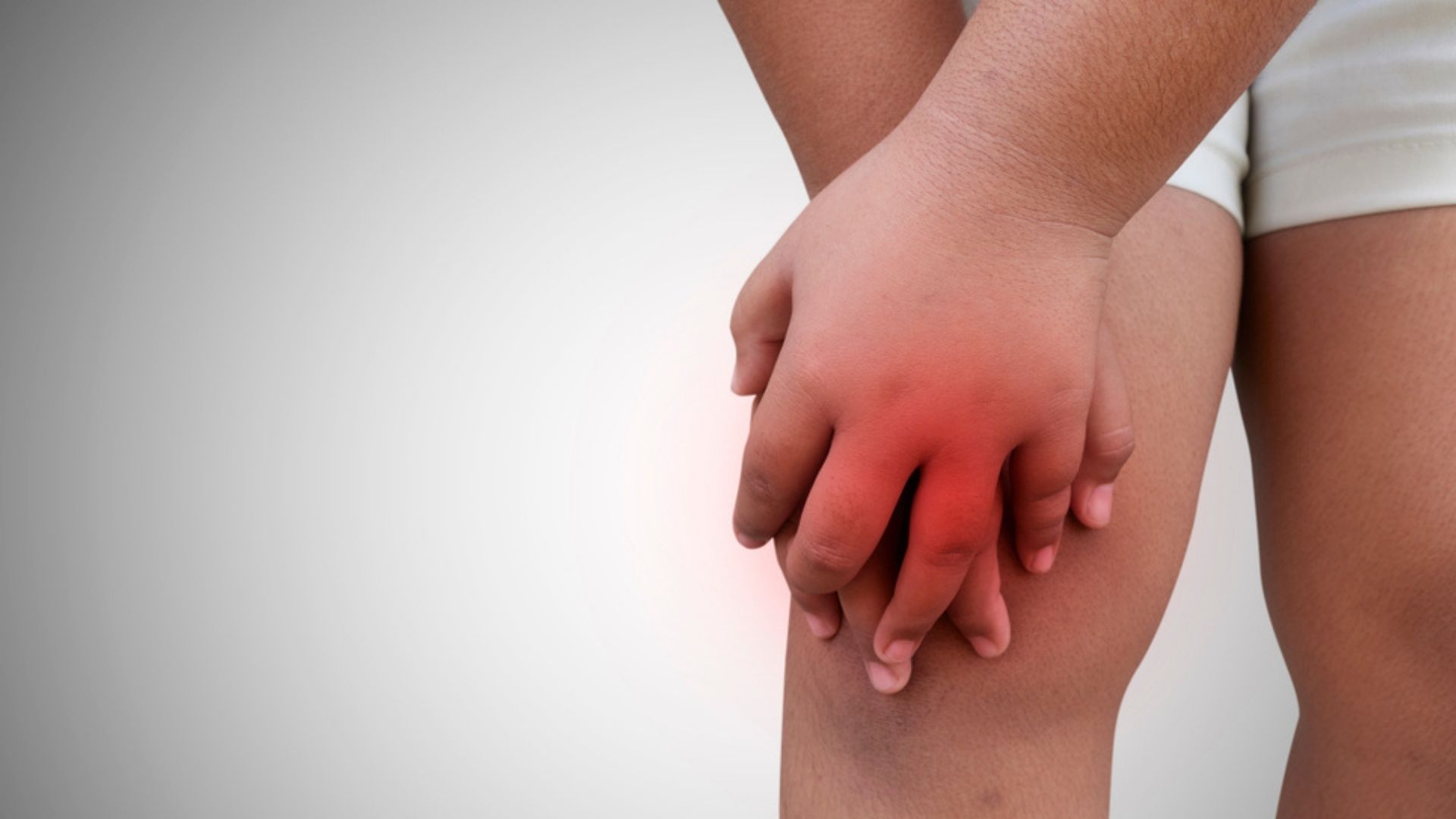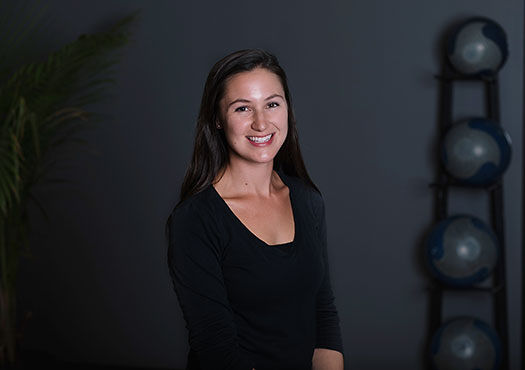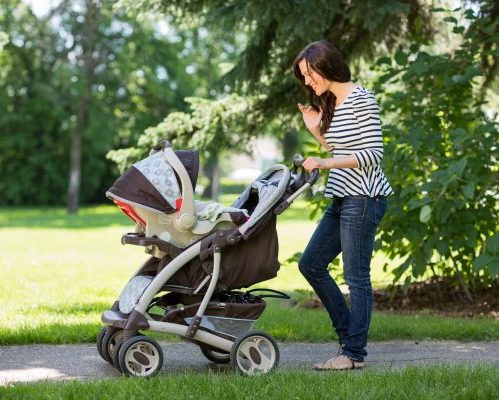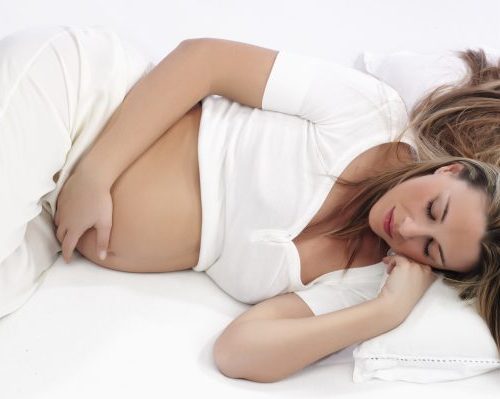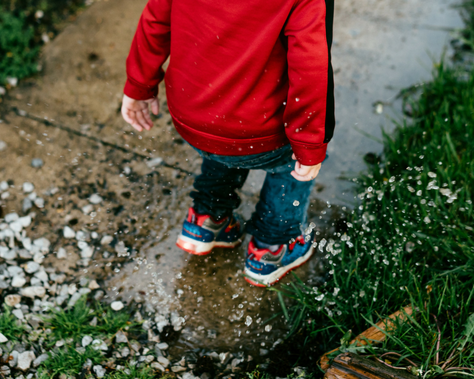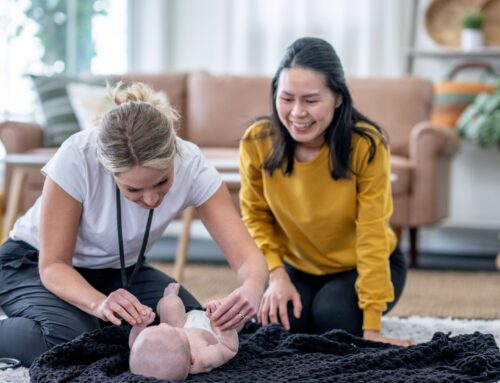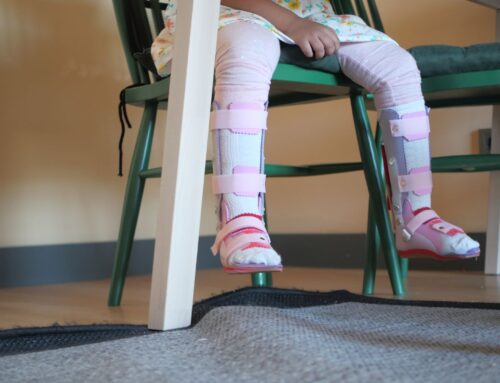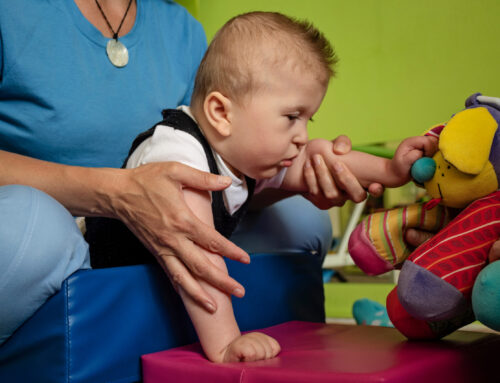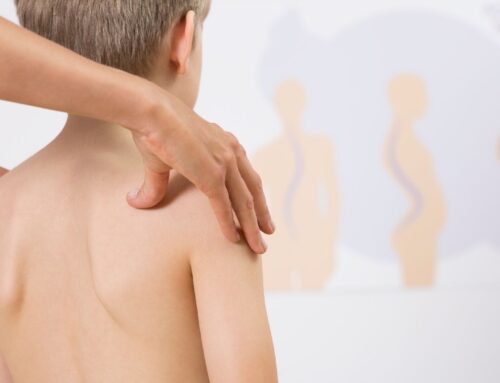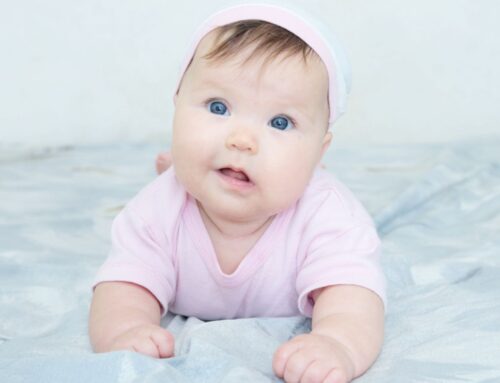Juvenile idiopathic arthritis is the most common form of arthritis in children and adolescents. It is a chronic condition that causes pain and swelling in the affected joints.[i] Juvenile idiopathic arthritis treatment can help with maintaining and improving function and reducing symptoms so that kids can get back to doing things they enjoy.
In this article, we will look at the symptoms, causes and subtypes of juvenile idiopathic arthritis. We will also discuss juvenile idiopathic arthritis treatment options, including physical therapy.
What is Juvenile Idiopathic Arthritis?
Juvenile idiopathic arthritis, also known as juvenile rheumatoid arthritis, is an autoimmune condition. It causes the immune system to attack the body’s own tissues, including the synovium around the joints, which lines joints and helps them to move smoothly. When these inflammatory chemicals are present, they cause the joint to become swollen, red, and painful or difficult to move.[ii]
What Causes Juvenile Idiopathic Arthritis?
The cause of juvenile idiopathic arthritis is still unknown, but researchers believe that it may be caused by a combination of genes and environmental factors. Juvenile idiopathic arthritis affects twice as many girls as boys and is most commonly diagnosed between 1-3 years of age.[iii]
Juvenile Idiopathic Arthritis Types
There are six subtypes of juvenile idiopathic arthritis (JIA).ii
- Oliogoarticular Juvenile Idiopathic Arthritis – affecting 4 or fewer joints; typically affects the larger joints of the body (knees, ankles, elbows) and is the most common type of JIA.
- Polyarticular Juvenile Idiopathic Arthritis – affecting 5 or more joints, often of both sides of the body; can affect large and small joints and is present in approximately 25% of kids with JIA.
- Systemic Juvenile Idiopathic Arthritis – affects the entire body including the skin and internal organs; often presents with a high fever that can last for up to two weeks and a rash and is present in approximately 10% of kids with JIA.
- Psoriatic Arthritis – presents as joint symptoms as well as a scaly rash behind the ears or on the eyelids, elbows, knees, belly button, or scalp.
- Enthesitis-related (spondlyoarthritis) – affects the area where ligaments, muscles, and tendons attach to bone; commonly affects the hips, knees, and feet, but may also affect other areas. This type is more common in boys than girls and often appears in children between the ages of 8 and 15 years old.
- Undifferentiated Juvenile Idiopathic Arthritis – symptoms do not match one of the other subtypes, but one or more joints is affected.
Juvenile Idiopathic Arthritis Symptoms
Symptoms of juvenile idiopathic arthritis may include:
- Pain and stiffness that is typically worse in the morning, or after being still for a prolonged period
- Inflammation and redness of the affected joint(s), which is particularly noticeable in the larger joints.
- Fever
- Fatigue (feeling very tired or run down)
- Rash
- Blurry vision or dry eyes
- Appetite loss
Juvenile idiopathic arthritis is diagnosed using a combination of symptom history and physical exam, laboratory testing, and ruling out other possible health conditions. Children with juvenile idiopathic arthritis will be diagnosed and followed by a pediatric rheumatologist.
Juvenile Idiopathic Arthritis Treatment
Juvenile idiopathic arthritis treatment options include:
- Medications to control inflammation (NSAIDs, DMARDs, and biologics)
- Physical therapy (exercise) to maintain joint motion and strengthen muscles around the joints
- Splints to support the affected joints
- Joint injections to reduce inflammation
- Pain management strategiesiii
Physical Therapy for Juvenile Idiopathic Arthritis
Physical therapy is an important part of the management strategy for JIA. Children with JIA will have periods of remission where their symptoms are better, and flare ups where their symptoms are worse. Physical therapists can help to modify activities of daily living and recreational activities during a flare up and promote physical activity and exercise during periods of remission.
An exercise program is crucial for children with JIA as it helps to preserve range of motion of the joints and strengthen muscles around the joints. This assists with maintaining and improving function and can help with reducing symptoms.
Physical therapy treatment may include:
- Stretching
- Range of motion exercises
- Strengthening exercises
- Education on joint protection
- Prescription of a home exercise program
- Education on pain and pain reduction techniques
- Muscle relaxation techniques
- Splinting to protect joints
- Ultrasound
- Paraffin wax dips
- Hot/cold compresses
Juvenile idiopathic arthritis is a chronic health condition and physiotherapy is a crucial part of the health care strategy. Physiotherapists at Propel Physiotherapy will provide an individualized juvenile idiopathic arthritis treatment program for your child. The right combination of activity modification and exercise can allow your child to get back to doing what they enjoy and provide them the tools to manage their condition long term.
Contact us today for a complimentary consultation to discuss your child’s needs, or to book an appointment with one of our therapists.
Written by

